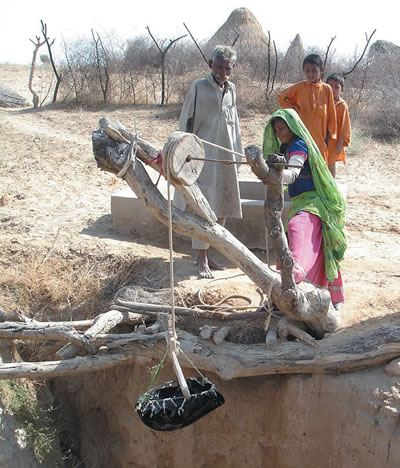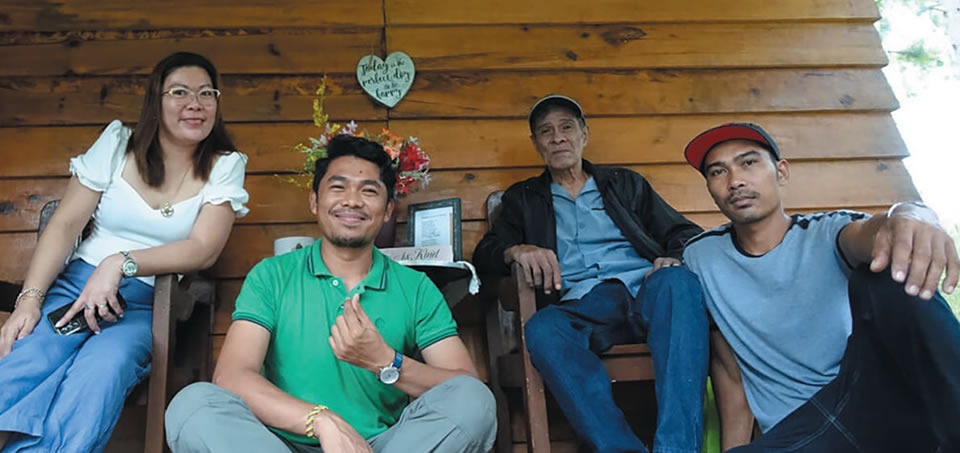
Elated by the completion of my Urdu language refresher course, I felt ready to jumpstart into the ministry. It is true that the more knowledge one gained on something the more one realizes how limited is his/her knowledge on the matter as if one just landed on the tip of an iceberg. The rest of it is yet to be explored and discovered. This is the same case when learning a language, Urdu, Pakistan’s national language. It is a hybrid of Hindi, Persian and Arabic languages that speak volumes about the civilizations, history, anthropology, religion and culture as social fabrics embedded in the hearts and souls of the people.
At the outset, I know that learning the “mater lingua” of the people is imperative for missionaries. I likened it to a bridge that converges two worlds together as these two worlds take on a leap of faith journey.
Although, I was born and raised in Northern Mindanao, Philippines, my native language is Cebuano/Bisaya since my parents are from Cebu Island. It was later on that I learned to speak Filipino, our national language and still later English. Learning a new language is tedious, yet it will be paid off in many returns as it makes our adaptation to new people and environment easier and fun. However, with my new assigned parish just born this year which comprises of 13 purely Parkari Kohli tribal communities, I found myself in a bare start (in a good and positive way), I must say.
Only a small percentage of Parkari Kohli people speak Urdu (most of them are men) and generally the Parkari Kohli dialect is learned orally which means they have limited materials in formal language literature for learning. This just makes learning my second language in this country more interesting to figure out. I must add that it makes an enormous difference when the language barrier will be cleared up.
With the length of time I see myself working in this “bare vineyard” —where potable drinking water is rare, education of the most of the children of these communities is very poor, health services from the government has not yet reached to these communities to date, many children are malnourished, the majority are living in a “survival state” and the majority of the communities have no electricity — I hope I won’t grow weary and tired.

This reminds me of the first Parkari Kohli who was baptized as a Catholic Christian in 1943, more than 80 years ago. I would compare the believing communities here to an infant which requires so much attention and care to help her grow in stature and wisdom.
With so much work needed to be done in terms of laying down the foundations that are crucial in their faith formation and human development, I hope that alongside them I may also grow as a missionary and a shepherd; a keeper and a guest; a teacher as well as a learner; an evangelizer and as the one being evangelized. After all, I am just a worker in this vineyard, not a Messiah.
Columban seminarian Jerry Lohera lives and works in Pakistan.